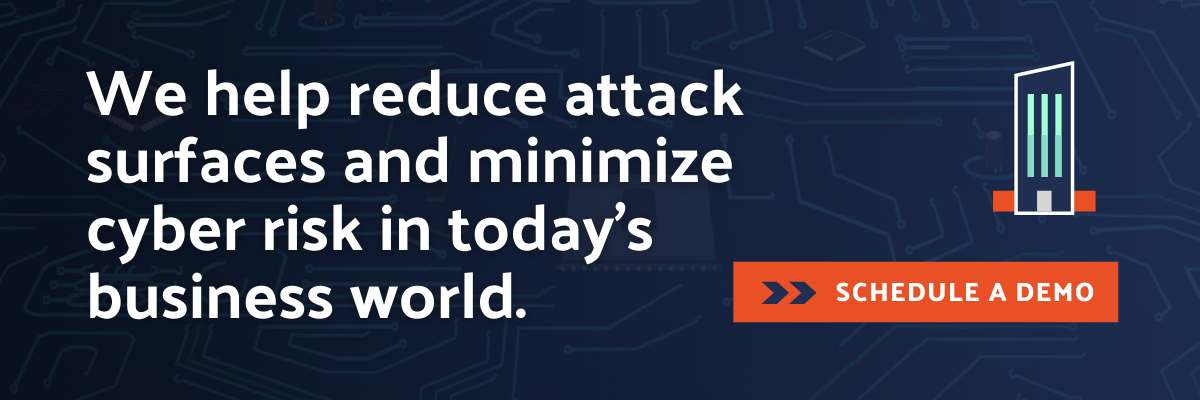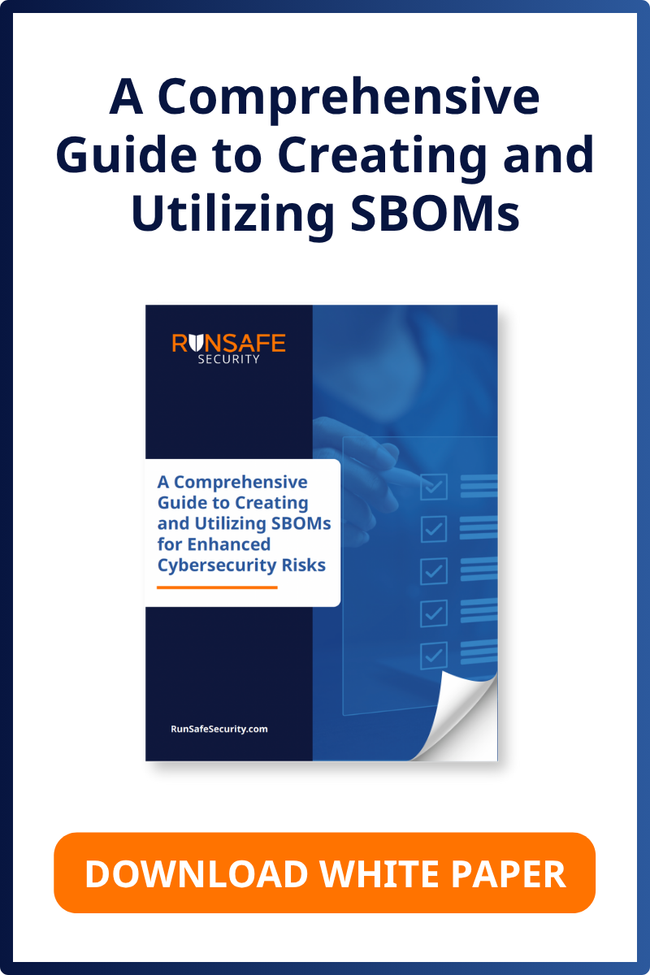With the release of “Lessons from the School of Cyber Hard Knocks” podcast, I have been reminded of the importance of learning from our mistakes as a core pillar of our company culture at RunSafe Security. Through internal training sessions, every employee takes a two-hour course I offer called “Lessons from the School of Hard Knocks” when he or she joins the company.
We review our sales mindset, common pitfalls in negotiations, how to create the initial desire to buy our security products, and ways to advance the sale in alignment with your prospective customer. With various sessions and in internal meetings, I opened my eyes to the benefit of infusing creativity into the workplace, beyond just discrete skills. In fact, we recently launched our most recent installment in our company training series, a company-wide improvisation lesson!
Improvisation has become synonymous with improv comedy, which is to say SNL, skits, and possibly most often, a misguided attempt to make people laugh. However, improv is much more nuanced and useful when applied to business settings. Improv is essentially about reacting as well as being focused and present in each and every moment.
Improv teaches and reinforces creativity, innovation, communication, teamwork and leadership.
Dick Costolo, former CEO of Twitter, has repeatedly vouched for the relevance of improv in the workplace and beyond. “The beauty of improvisation is you’re experiencing it in the moment, if you try to plan-you are just going to be disappointed when the other people don’t do what you want them to do.”
In my opinion, improv can be boiled down to three main lessons for business teams, including:
- Listening: Improv has the potential to impart tools and techniques to make people better communicators. Listening to both coworkers and customers is fundamental to success in the workplace. It’s not enough to just hear what they say, true listening requires active participation. The goal is to understand the context and their intent as much as their literal words.
- Teamwork: In terms of enabling other people to succeed, building a great company requires teamwork. We all play different roles at different times so knowing who has the ball and doing everything we can in our power to help that person score is our imperative. If you know anything about improv, you’ve probably heard of the phrase “Yes And”. In plain terms, “Yes And” refers to affirmation and contribution; meaning each “scene partner” should agree to the reality that their partner has provided and offer something additional to the “scene”. This lesson is highly transferable to the work environment, through active and affirmational listening and contribution.
- Creativity: For internal product development, sales, and account meetings, creativity is invaluable and fosters an environment where idea-building and brainstorming are deeply valued.
With these lessons from the improv school of hard knocks, we are aiming to enhance our broader company-wide commitment to invest in building our culture and make RunSafe the best place to work possible. We now embrace learning these soft skills are often as important as hard skills in making a company successful. We are grateful for our own inhouse professional actor who is volunteering to guide us in discovering the benefits of improv and how to apply it to our company.





